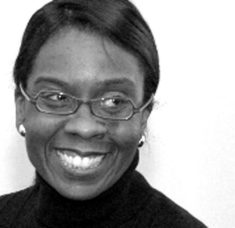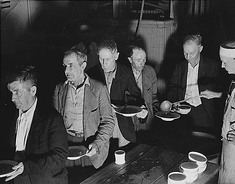About the event
Among rich countries, societies which tend to measure well on basic issues such as life expectancy, mental health, and teenage pregnancy, tend also to measure well on levels of trust, the educational performance of school children, and the strength of community life. In other words, it is clear that societies which tend to do well on one of these measures tend to do well on all of them, and the ones which do badly, do badly on all of them. What accounts for the difference? The key, according to Richard Wilkinson, is the amount of inequality in each society. Material inequality serves as a determinant of the scale and importance of social stratification, and increases status insecurity and competition and the prevalence of all the problems associated with relative deprivation. Join Wilkinson, a professor of epidemiology and renowned expert in social inequalities in health, as he converses with Toni Griffin, a professor of Architecture and urban planning, about the ways in which citywide and neighborhood planning strategies can affect the stratification of an entire society, for better and for worse.




